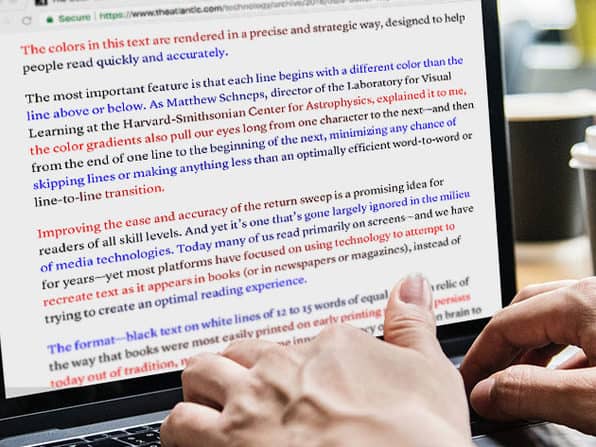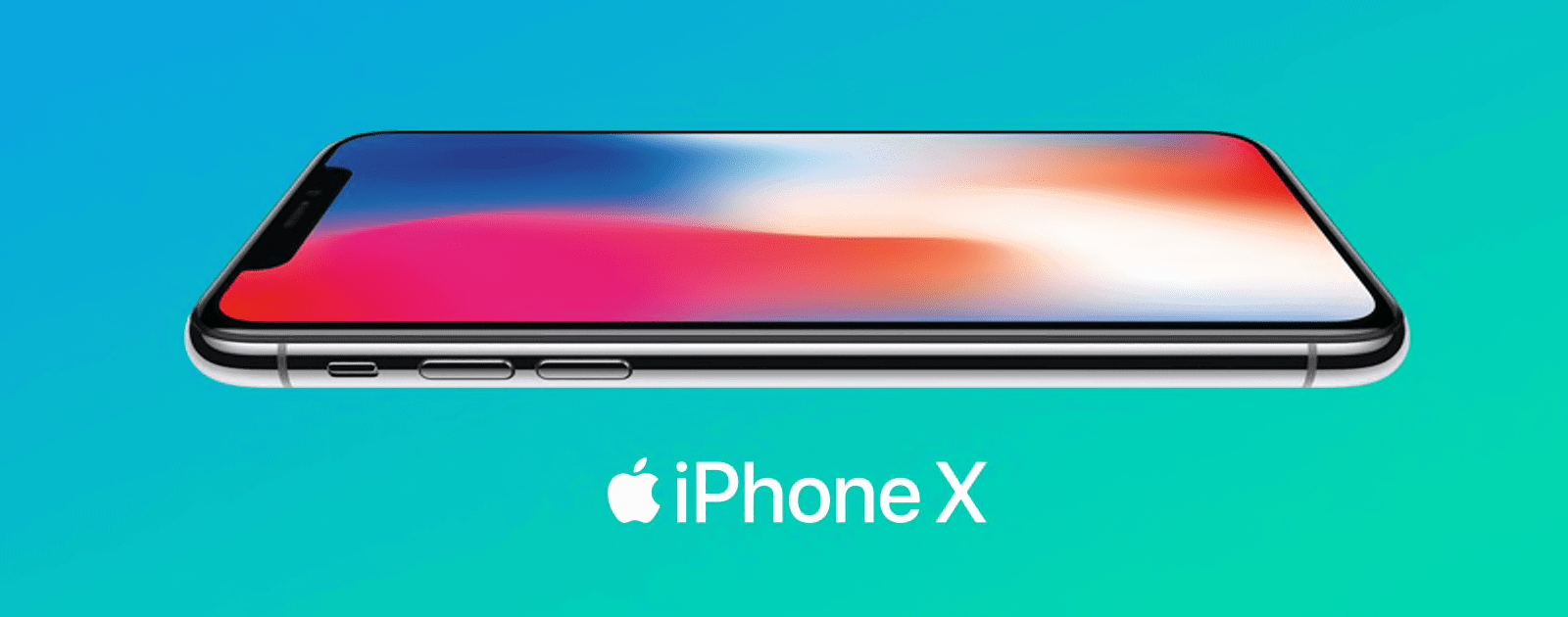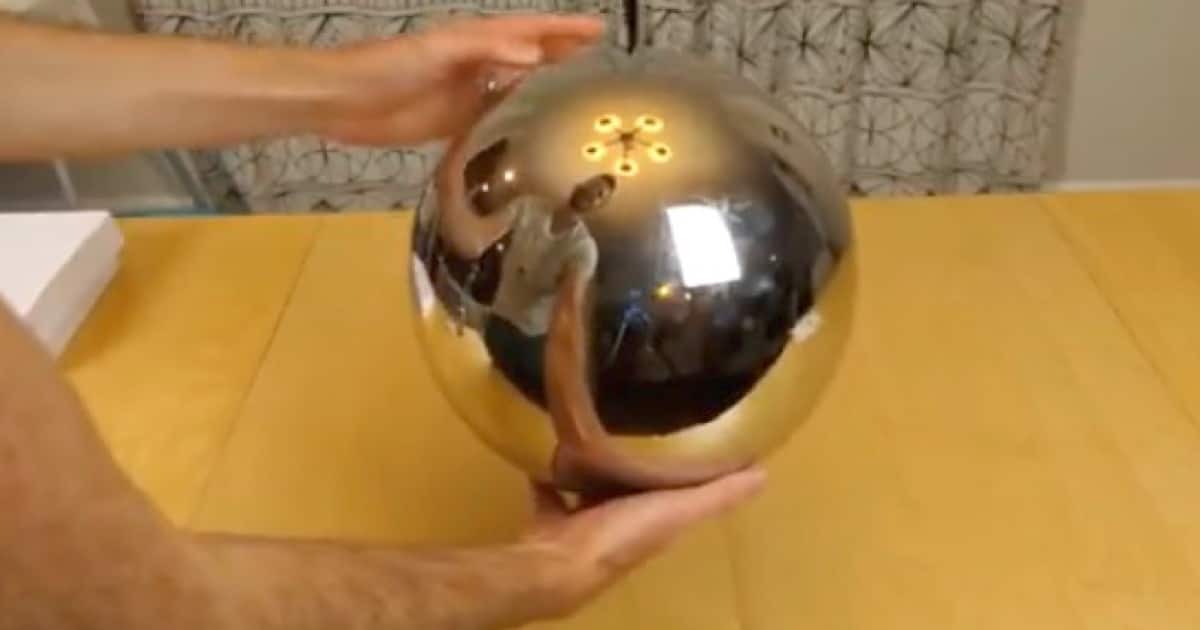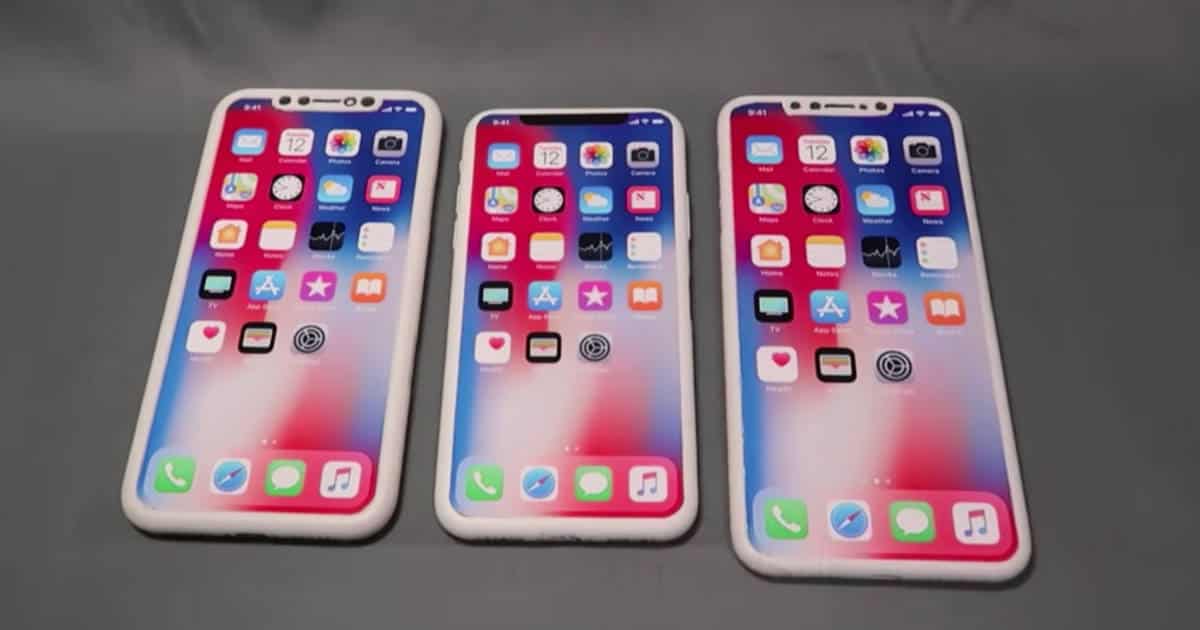Jennifer wrights (ha) about how we should stop worshipping rich people who are jerks. Ms. Wright is talking more about the fans of these people than the people themselves, but I’m going to talk more about the people.
Now, it’s possible to be both brilliant and cruel, innovative and un-self-aware, successful and miserly. People can create things we enjoy and still be bad people. But you wouldn’t know that from their fan bases. It’s not that they’re grappling with the idea of their heroes being complex individuals, it’s that they see these men as wholly aspirational. Their fans think that they are perfect and are willing to go to war with anyone who thinks otherwise.
I largely agree. When I criticize Elon Musk as I did in a past teaser, I’m not saying that he hasn’t done good in the world. I’m saying that if he goes on Twitter rants and accuses a guy of pedophilia because his submarine would’ve been a waste of everyone’s time, then he shouldn’t be looked up to as some sort of hero.
But this isn’t anything new. Cutthroat capitalism tends to favor sociopathic traits. Henry Ford was a jerk. Bill Gates, notable philanthropist, built his fortune by turning Microsoft into a ruthless monopoly. Jeff Bezos builds spacecraft while his employees suffer.
At the end of the day, it becomes a series of philosophical questions. At what point do their good deeds outweigh their sins? At what point does their money stop being tainted? I don’t hate the rich, really. I just think that hero worship of public figures is silly, especially if they have questionable ethics.












